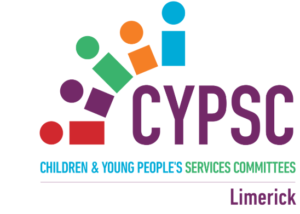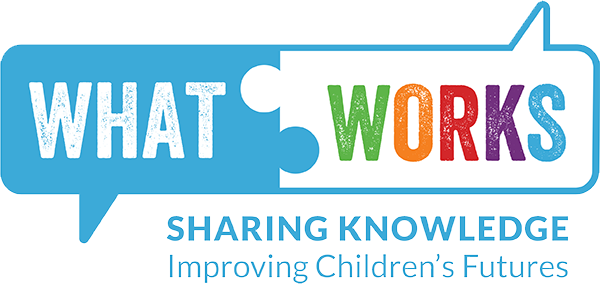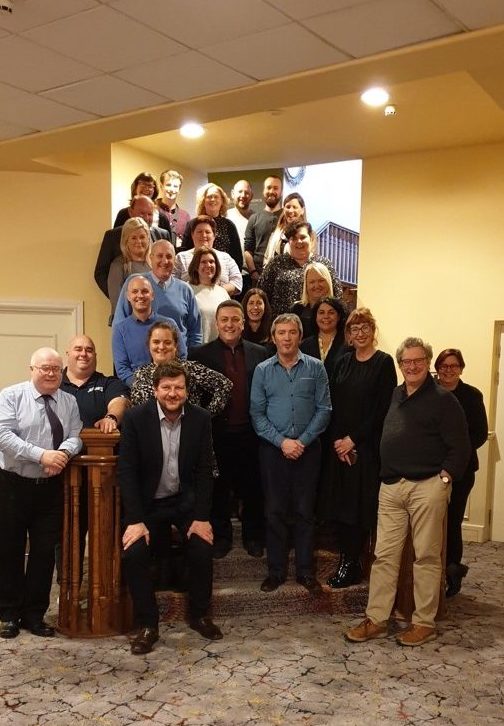Background to the Programme
This Programme was designed and delivered by staff from the Research Evidence into Policy, Programmes, and Practice (REPPP) project, which is a strategic research partnership between the Department of Children, Equality, Disability, Integration and Youth and the School of Law, University of Limerick. The Limerick programme took place over three overnight blocks between September 2019 and January 2020.
Tackling complex problems
This programme attracts people with responsibility for addressing complex problems. While the causes of such problems are structural and rooted in poverty, inequality and deprivation, they also involve difficulties or limitations with services or facilities, and feature people whose behaviour causes difficulties to themselves and others.
A deliberative space
This programme provides a safe, deliberative space in which to consider complex problems. The residential aspect is included to optimise this thinking space. It provides a break from the normal working environment. Initially participants collectively identify commonalities in relation to a given complex problem. They then form small task groups to select and fully examine the nature, characteristics and challenges of the problem in terms of how it began, its direct and indirect effects, and how it sustains itself. Complex problems require thorough understanding, which means that the process involves generating fresh questions and insights, and not rushing to come up with answers.
The Limerick Programme – collaboration with CYPSC
The Limerick Programme brought together 26 people from the community, voluntary and statutory sector throughout Limerick City and County. Programme participants were a mix of front line and management level, across the spectrum of statutory and voluntary agencies from Limerick city and county. The programme involved a collaboration between the REPPP team based in the UL School of Law and the Limerick Children and Young People’s Services Committee (CYPSC). CYPSC’s are a key structure identified by Government to plan and co-ordinate services for children and young people in every county in Ireland.
Addressing ‘wicked problems’
The programme objectives involved participants identifying and analysing specific problems they are encountering in their work in Limerick. As participants develop their problem analysis, short inputs introduce the latest social scientific thinking relevant to the focus of discussions. Following rigorous problem analysis, participants co-designed proposals for new strategies and practices for more effective, more collaborative and more integrated service interventions. Systematic use is made of peer review during the programme to ‘stress test’ emerging ideas, and any proposals for ensuing action.
The first two blocks of the Programme involved participants sub-dividing into four teams to look at four problems that they believe from their experience on the ground to be significant and complex ‘wicked problems’ which, if addressed effectively, would significantly improve service provision for children and young people in Limerick.
The specific problems addressed relate to:
- The effects of staff turnover on the quality of service delivery;
- Lack of supports for some children in terms of engaging in education;
- Issues affecting children living in homeless accommodation and,
- Problems associated with the over-reliance on compliance governance in local service provision.
The programme culminated in Block Three in a presentation to a panel of experts in a ‘Dragons Den’ type of setting. The ‘Dragons’ were
- Professor Raymond Friel, School of Law, University of Limerick;
- Professor Kerstin May, Vice President Academic Affairs & Student Engagement, University of Limerick;
- Professor Donncha O’Connell, School of Law, National University of Ireland, Galway, and
- Sinéad Tierney, Practice Development Manager, Crosscare.



